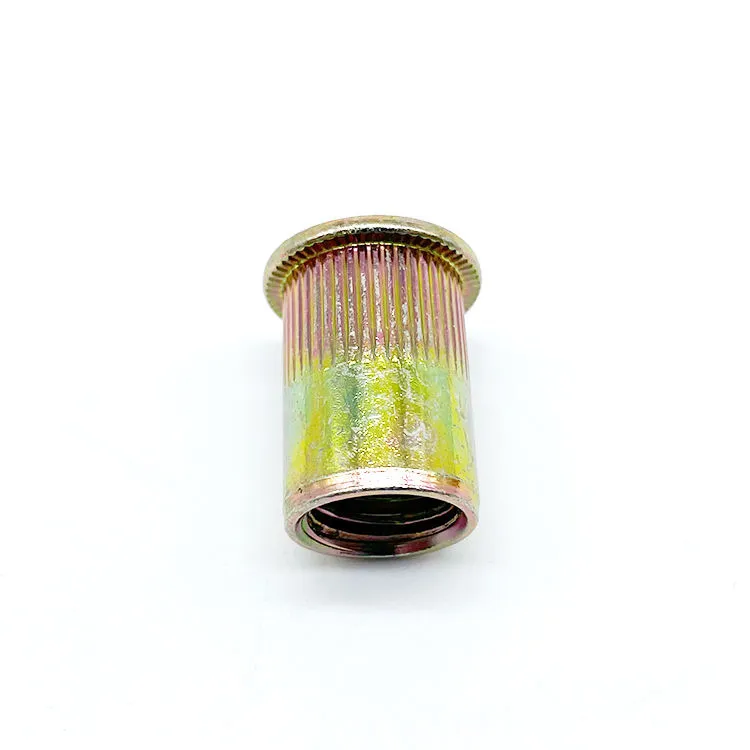

weld nuts
Nov . 14, 2024 03:48 Back to list
weld nuts
Understanding Weld Nuts A Key Component in Modern Manufacturing
Weld nuts, often referred to as weld-on or welded nuts, play a critical role in various manufacturing and industrial applications. These components are designed to be permanently attached to a surface through a welding process, providing a secure and reliable means for fastening other parts. With their unique properties and advantages, weld nuts have become increasingly popular in industries ranging from automotive to aerospace, and even in furniture production.
The primary advantage of weld nuts is their ability to facilitate strong connections in assemblies where traditional fastening methods may not be feasible. For instance, in thin-walled materials where drilling and tapping a hole for a conventional nut may cause damage, weld nuts provide an ideal solution. By welding the nut directly onto the surface, manufacturers can achieve a strong joint without compromising the structural integrity of the base material.
Additionally, weld nuts are available in various shapes, sizes, and materials, making them incredibly versatile
. Common types include hex weld nuts, which have a hexagonal shape for easy wrench application, and flange weld nuts that offer added stability and contact area. Materials can range from carbon steel to stainless steel, allowing engineers to select the most suitable option based on environmental factors such as corrosion resistance, temperature, and weight requirements.weld nuts

Installation of weld nuts is typically straightforward, requiring basic welding skills and equipment. The process involves positioning the nut on the target surface and applying heat, usually via MIG or TIG welding techniques, until the nut becomes fused to the material. This method results in a high-strength bond that can withstand significant forces, making weld nuts ideal for applications where vibration or stress is a concern.
Furthermore, weld nuts contribute to efficiency in production. By reducing the number of loose fasteners needed in an assembly, weld nuts streamline the manufacturing process, minimizing assembly time and potential errors. Companies can enhance their productivity while ensuring the reliability of their products.
In conclusion, weld nuts are an essential component in modern manufacturing, offering strength, versatility, and efficiency. Their ability to provide robust fastening solutions without compromising the integrity of materials makes them indispensable in various applications. As industries continue to evolve, the use of weld nuts is likely to expand, cementing their position as a vital part of mechanical assemblies and structures. For businesses looking to optimize their manufacturing processes, incorporating weld nuts can provide a competitive advantage in an increasingly demanding market.
Latest news
-
High-Strength Hot Dip Galvanized Bolts - Hebei Longze | Corrosion Resistance, Customization
NewsJul.30,2025
-
Hot Dip Galvanized Bolts-Hebei Longze|Corrosion Resistance&High Strength
NewsJul.30,2025
-
High-Strength Hot-Dip Galvanized Bolts-Hebei Longze|Corrosion Resistance&High Strength
NewsJul.30,2025
-
Hot Dip Galvanized Bolts-Hebei Longze|Corrosion Resistance&High Strength
NewsJul.30,2025
-
Hot Dip Galvanized Bolts - Hebei Longze | Corrosion Resistance, High Strength
NewsJul.30,2025
-
High-Strength Hot Dip Galvanized Bolts-Hebei Longze|Corrosion Resistance, Grade 8.8
NewsJul.30,2025

